2022 IEEE国际电子器件会议 (IEDM 2022)
时间:2022-12-02 09:00 至 2022-12-08 18:00
地点:San Francisco

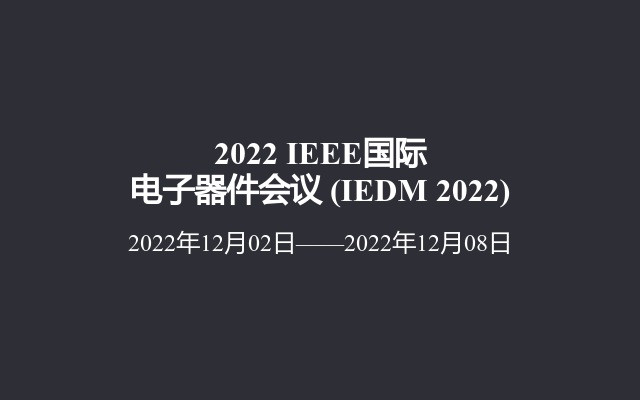
|
2022 IEEE国际电子器件会议 (IEDM 2022) 已截止报名会议时间: 2022-12-02 09:00至 2022-12-08 18:00结束 会议地点: San Francisco 详细地址会前通知 None 周边酒店预订 |
 会议内容
会议内容
IEEE/IEDM has been the world's main forum for reporting breakthroughs in technology, design, manufacturing, physics and the modeling of semiconductors and other electronic devices. Topics range from deep submicron CMOS transistors and memories to novel displays and imagers, from compound semiconductor materials to nanotechnology devices and architectures, from micromachined devices to smart -power technologies, etc.
IEEE International Electron Devices Meeting(IEDM)is the world’s preeminent forum for reporting technological breakthroughs in the areas of semiconductor and electronic device technology, design, manufacturing, physics, and modeling. IEDM is the flagship conference for nanometer-scale CMOS transistor technology, advanced memory, displays, sensors, MEMS devices, novel quantum and nano-scale devices and phenomenology, optoelectronics, devices for power and energy harvesting, high-speed devices, as well as process technology and device modeling and simulation.
CIRCUIT AND DEVICE INTERACTION (CDI)
Papers are solicited in the areas of CMOS platform technology, circuit design challenges at advanced nodes, and device technology co-optimization solutions. Platform technologies include beyond Si channel such as SiGe/Ge, and advanced device technologies such as Gate-all-around Nanowire and Stacked Nanosheet CMOS technologies are of strong interest. Topics also include digital and analog device and circuit performance and scaling issues, power-performance-area analysis, and architectural implications of interconnect technology and performance. Submission of papers discussing interactions between advanced device technology and design issues such as variability, aging, power constraints, physical layout effects and design is encouraged. Papers addressing stacked and monolithic 3D integration, interconnect bottleneck and design challenges are solicited. Emerging circuit design and technology concepts supporting new computing models such as processing-in-memory, machine learning acceleration, neuromorphic computing, and other non-von Neumann computing approaches are of interest.
CHARACTERIZATION, RELIABILITY and YIELD (CRY)
Papers are solicited in all areas of electrical and physical characterization, reliability evaluation and yield analysis of transistors, interconnects and circuits. Specific reliability topics include, for FEOL: transistor degradation due to hot carriers and bias temperature instabilities; dielectric wear‐out and breakdown; self-heating effects; process charging damage; latch‐up and ESD; soft error mechanisms in logic and memories and error correction techniques; noise and mismatch behavior. For MEOL/BEOL topics include: electromigration failure of contacts and interconnects; breakdown of BEOL dielectrics and MEOL spacers; mechanical stress-related mechanisms;thermal management; chip‐package interaction. Of particular interest are investigations of degradation mechanisms for: resistive devices; emerging memories; III-V power devices, and More-than-Moore applications. Also solicited are papers discussing variability / reliability interactions and failure analysis techniques.
COMPOUND SEMICONDUCTOR AND HIGH SPEED DEVICES (CHS)
Papers are solicited in the areas of compound semiconductor electronic devices and high-speed device technologies based on GaAs, InGaAs, InP, GaN, InAlN, Si, SiGe, Antimonides and their related alloys. Devices of interest include III‐V MOSFETs, ballistic devices, HBTs (III-V and group IV) and HEMTs, RF/microwave/millimeter‐wave/THz devices, SAW/BAW devices, low noise amplifiers, RF power amplifiers, RF and millimeter-wave switches and filters, and active and passive electron devices for analog applications. Topics include device physics, design, modeling, reliability and manufacturing processes.
MEMORY TECHNOLOGY (MT)
Papers are solicited covering all memory technology topics, including storage-class and embedded memories, as well as in-memory and neuromorphic computing applications. Topics span from novel cell concepts to fully integrated memories, from prototyping to manufacturing issues and performance. Specific areas of interest include both conventional and novel memory cells including ReRAM, STT‐MRAM, PCRAM, FeRAM, 3D NAND, crosspoint and selectors, organic memory and NEMS‐based devices, including their design and scaling, processing, reliability, and modeling. Novel concepts and demonstrations that enhance memory properties or apply to neural computing paradigms are of interest. Higher level topics include 3D architectures, novel read/program/erase schemes, solid state drive (SSD) applications, novel hierarchies and architectures for memory-centric systems, security, computing-in-memory and non‐volatile memory-enabled emerging logic applications.
MODELING and SIMULATION (MS)
Papers are solicited in the areas of analytical, numerical, and statistical approaches to model electronic, optical, hybrid devices including sensors, and their isolation and interconnects. Topics include physical and compact models for logic and memory devices (e.g. steep-slope devices, RRAM, CBRAM) and interconnects, modeling and emulation of fabrication processes and equipment, material modeling, parameter extraction, compact models for advanced technologies and novel devices, performance evaluation, reliability, variability, and benchmarking methodologies. Other topics include novel computing approaches (e.g. neuromorphic computing) and modeling of interactions between process, device, circuit, and packaging. Submissions should advance the art of modeling and simulation or apply existing techniques to gain new device insights.
NANO DEVICE TECHNOLOGY (NDT)
Papers are solicited on novel or emerging solid state nanoelectronic devices and concepts. This includes devices based on novel transport mechanisms such as tunnel FETs, negative capacitance FETs, topological insulators, phase transitions, quantum effects, and non‐von Neumann devices. Non-charge-based logic, magnetic logic, spintronics, plasmonics and quantum computing are also of interest. Furthermore, nanoelectronic devices based on low‐dimensional systems are encouraged, including 2D materials, nanowires, nanotubes and quantum dots. Subsets of key topics include electron device physics, new device applications, technology scaling and integration issues, as well as innovative transistor structures. Papers in NDT focus primarily on device physics and unique concepts; more mature “platform candidate” papers should be submitted to CDI. Reliability assessment of emerging devices are also solicited here, while that for more mature technologies should be submitted to CRY.
OPTOELECTRONICS, DISPLAYS, and IMAGERS (ODI)
Papers are solicited on devices, structures, and integration for optoelectronics, displays, and imaging systems. Optoelectronics include photonic bandgap structures, light sources, polarization and wavelength manipulators, high speed photodetectors, as well as large scale heterogeneous integration of electronic and photonic circuits and optical interconnects. Papers on quantum photonics for computation, sensing and encryption are also of interest. Displays and imagers include CMOS imagers, high speed and high time resolution imagers, CCDs, TFTs, organic, amorphous, and polycrystalline devices, as well as emissive and reflective displays. Papers addressing flexible and/or stretchable electronics, printed electronics, stacked image sensors with Si or other photosensitive materials, organic and inorganic displays, and covering new technology trends in imagers and displays are encouraged.
POWER DEVICES (PD)
Papers are solicited on discrete and integrated power devices and modules using Si, diamond, and compound semiconductors. Papers exploring the system-level impact of power devices are also of interest. Topics of interest include power devices (FETs, superjunction devices, IGBTs, etc.), and materials (Si, SiC, GaN, Diamond, GaAs, AlN, Ga2O3, etc.), integrated passives (high Q inductors), manufacturing processes, device design, modeling, physics, and reliability. Devices targeting the full range of power and power conversion applications, including hybrid and electric vehicles, power supplies for computer and telecom and data centers, motor drives, utility and grid control, and wireless power transfer, are of interest besides fundamental studies on doping, interface state densities and device reliability for power switches.
PROCESS and MANUFACTURING TECHNOLOGY (PMT)
Papers are requested on innovations in individual process modules, process integration schemes and process control techniques that improve device or circuit performance or enable new functionality. Examples of process topics include substrate and isolation technologies; integration of heterogeneous channel materials; EUV lithography, deposition, planarization, etch and self‐assembly techniques; novel dielectrics and metal electrodes for transistor gate stacks; shallow junctions; advanced metals, barriers and dielectrics for interconnections; contact and via processes; integration considerations for multi-level interconnects and for enhanced scaling techniques; additive manufacturing for microelectronics and emerging process modules. Further requested topics include photonics, 3D and advanced packaging integration; BEOL compatible transistors and memory devices. Examples of process control topics include defect detection as well as novel techniques for variability reduction and for enhancing process control and stability.
SENSORS, MEMS, and BioMEMS (SMB)
Papers are solicited in the area of sensors, micro/nano-electromechanical systems (MEMS and NEMS), microfluidics and BioMEMS, with particular emphasis on new device concepts, integrated implementations, CMOS co-integration, flexible devices and multi-sensors on a chip for wearable and IoT applications. Sensors area includes chemical, molecular and biological detection based on electrical, electrochemical, mechanical and optical principles. Topics of interest in the MEMS area include actuators, physical sensors, resonators, integrated inertial measurement units, RF MEMS, micro-optical and optomechanical devices, micro power generators, devices for energy harvesting and on-chip energy storage as well as micro/nanofluidics for thermal management. BioMEMS area covers organic‐inorganic hybrid devices, bio‐electronic interface, integrated biomedical sensing and implantable MEMS.
声明:
1、以上会议非活动家网站主办或承办会议,活动家网站学术会议频道会议信息来自于互联网,方便用户了解行业信息,如需参会、报名、获取会议邀请函或会议日程,请直接与学术会议活动主办单位联系。
2、部分会议内容来自互联网,由于网络的不确定性,活动家网站对所发布的信息不承担真实性的鉴别工作,请谨慎选择。若您发现会议页面信息有误,请联系活动家客服028-69761252纠错。
查看更多
介绍:IEEE Electron Devices Society于2022年12月2日举办2022 IEEE国际电子器件会议 (IEDM 2022)。
温馨提示
酒店与住宿:
为防止极端情况下活动延期或取消,建议“异地客户”与活动家客服确认参会信息后,再安排出行与住宿。
退款规则:
活动各项资源需提前采购,购票后不支持退款,可以换人参加。
 您可能还会关注
您可能还会关注
-
GOPS 全球运维大会 2025 · 深圳站
2025-04-25 深圳
-
2025(第七届) 世界细胞治疗与再生医学大会暨展览会
2025-04-16 北京
-
2025年第十三届东北国际安全防护用品展
2025-04-24 沈阳
-
2025中国(重庆)测量控制与仪器仪表展览会
2025-05-08 重庆



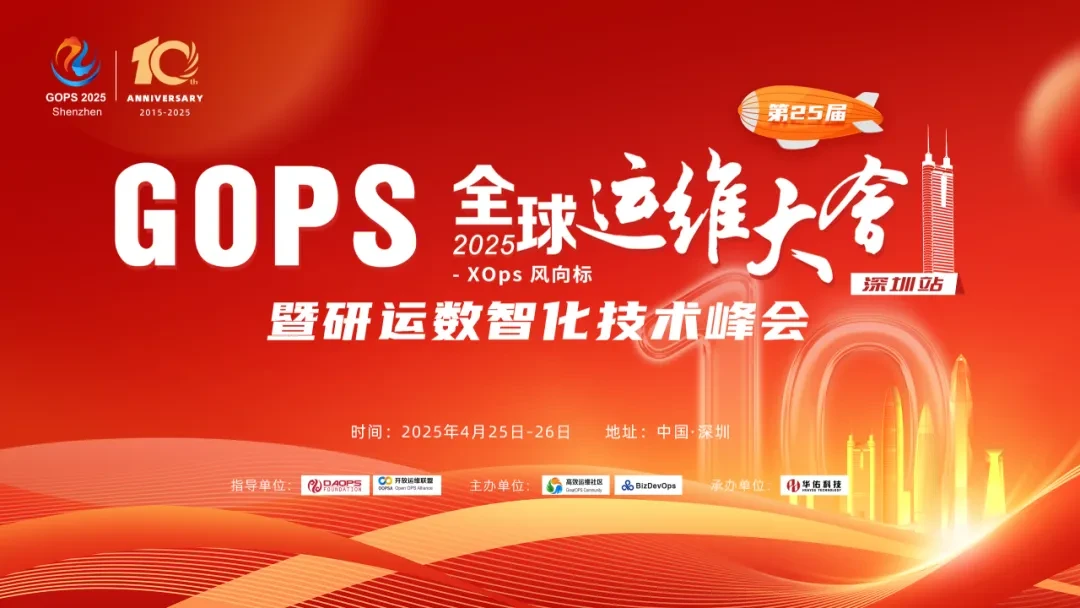
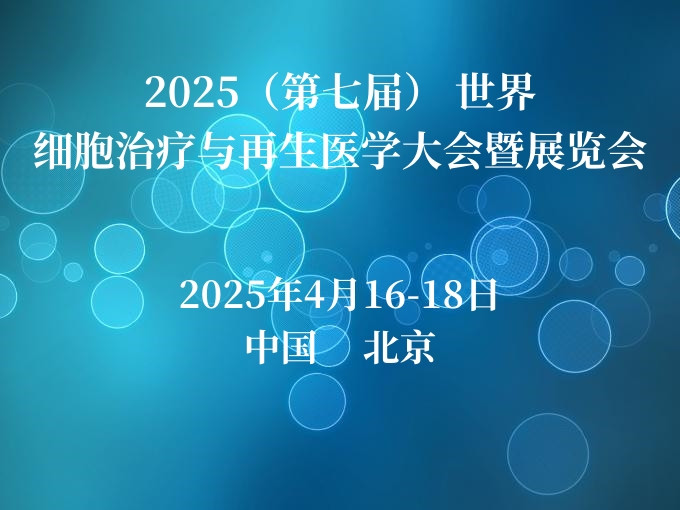

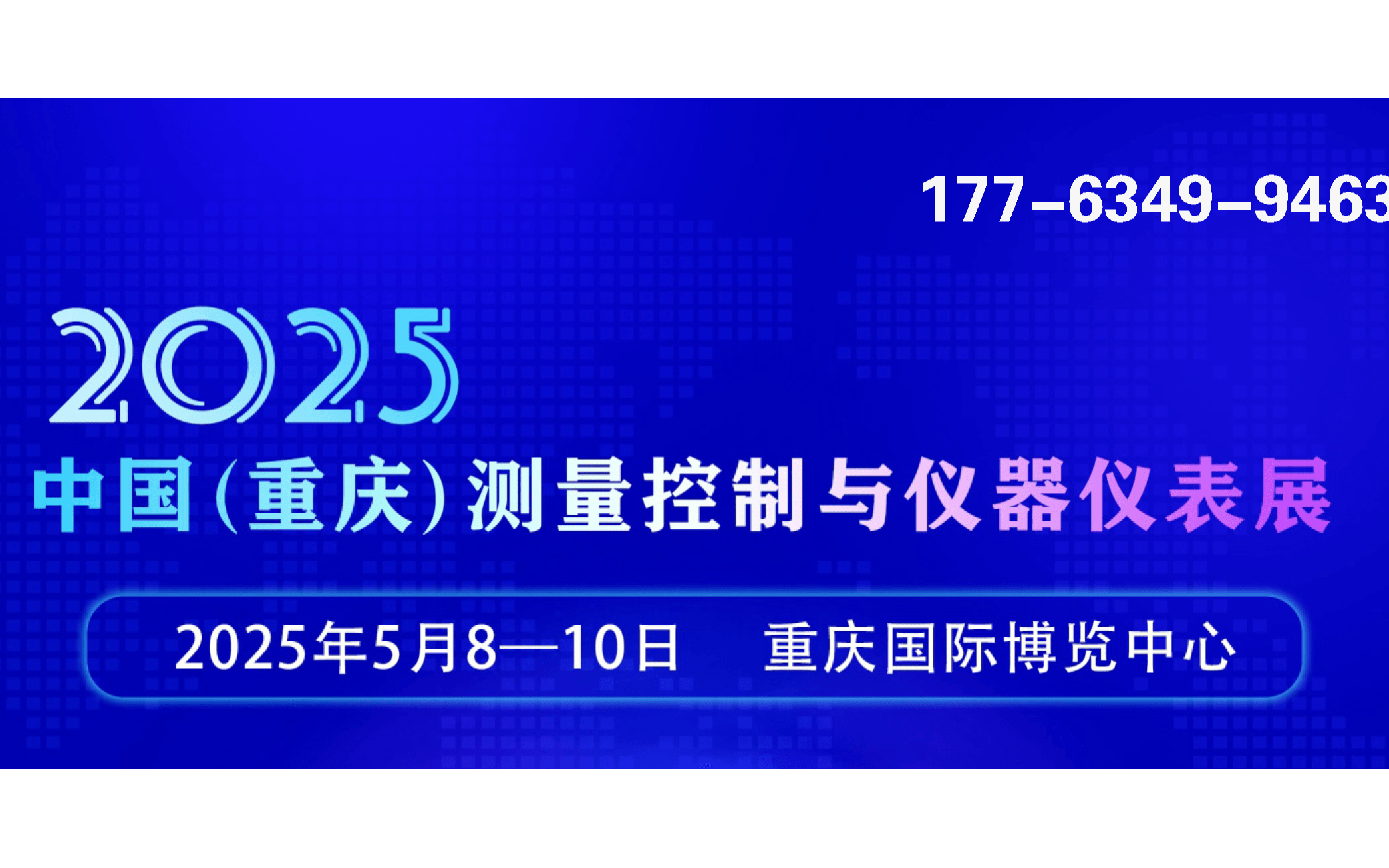
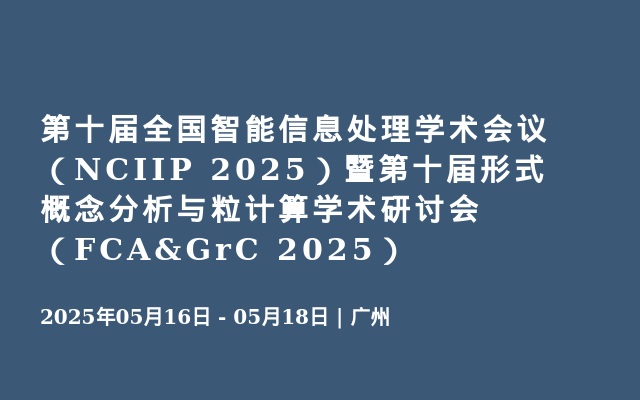



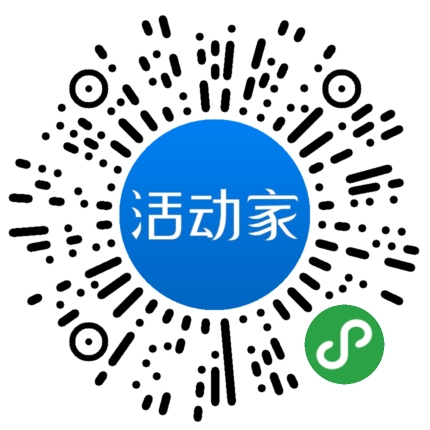

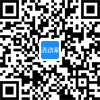
 赞助
赞助